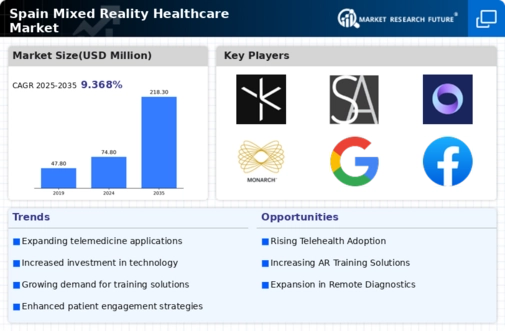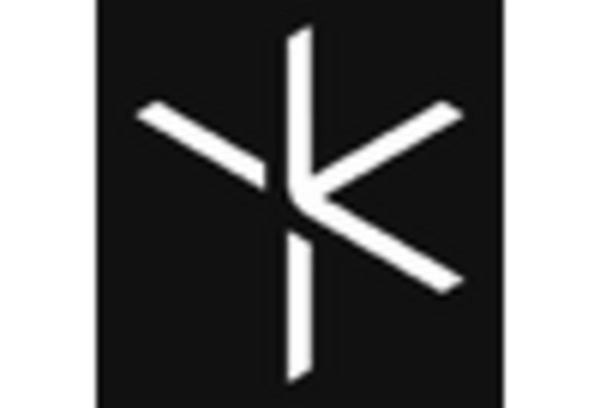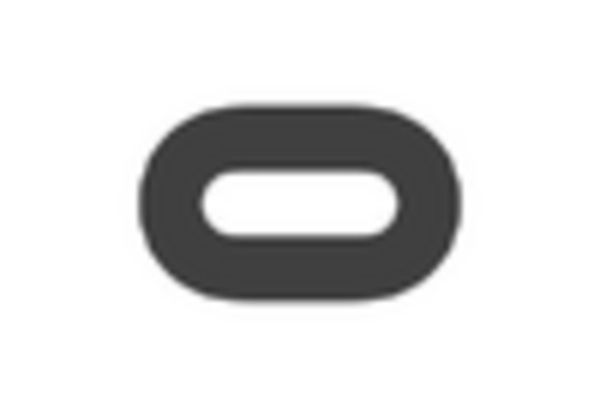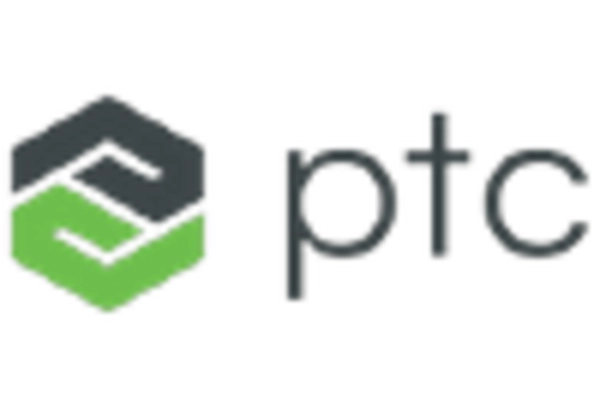Growing Focus on Patient-Centric Care
In Spain, there is a growing emphasis on patient-centric care, which is significantly influencing the mixed reality-healthcare market. Healthcare providers are increasingly recognizing the importance of involving patients in their treatment processes. Mixed reality technologies offer innovative ways to educate patients about their conditions and treatment options. By utilizing immersive experiences, healthcare professionals can enhance patient understanding and engagement. This shift towards patient-centric approaches is likely to drive the adoption of mixed reality solutions, as they provide tools for better communication and shared decision-making between patients and providers.
Technological Advancements in Healthcare
The mixed reality-healthcare market in Spain is experiencing a surge due to rapid technological advancements. Innovations in augmented reality (AR) and virtual reality (VR) are enhancing surgical procedures and medical training. For instance, the integration of AR in surgical simulations allows for real-time visualization of patient anatomy, which can improve surgical outcomes. The Spanish healthcare sector is projected to invest approximately €1.5 billion in digital health technologies by 2026, indicating a strong commitment to adopting mixed reality solutions. This investment is likely to drive the growth of the mixed reality-healthcare market, as healthcare providers seek to leverage these technologies to improve patient care and operational efficiency.
Rising Investment in Healthcare Infrastructure
Spain is witnessing a rise in investment in healthcare infrastructure, which is positively impacting the mixed reality-healthcare market. The government and private sector are allocating substantial funds to modernize healthcare facilities and integrate advanced technologies. This investment is expected to reach €2 billion by 2027, focusing on enhancing medical equipment and digital health solutions. As healthcare facilities upgrade their infrastructure, the adoption of mixed reality technologies is likely to increase, providing healthcare professionals with the tools needed to deliver high-quality care and improve patient outcomes.
Increased Demand for Remote Healthcare Solutions
The mixed reality-healthcare market is witnessing increased demand for remote healthcare solutions in Spain. As healthcare providers aim to enhance accessibility, mixed reality technologies are being utilized to facilitate remote consultations and virtual therapies. A report indicates that the telehealth market in Spain is expected to reach €1 billion by 2025, reflecting a growing acceptance of digital health solutions. This trend is likely to propel the mixed reality-healthcare market, as healthcare professionals adopt immersive technologies to provide effective remote care. The ability to engage patients through mixed reality experiences can lead to improved health outcomes and patient satisfaction.
Regulatory Support for Digital Health Innovations
The mixed reality-healthcare market in Spain is benefiting from regulatory support aimed at fostering digital health innovations. The Spanish government has implemented policies to encourage the adoption of advanced technologies in healthcare. Initiatives such as the Digital Health Strategy 2025 aim to integrate digital solutions into the healthcare system, promoting the use of mixed reality technologies. This regulatory environment is likely to stimulate investment and development in the mixed reality-healthcare market, as stakeholders seek to align with government objectives and improve healthcare delivery through innovative solutions.
















